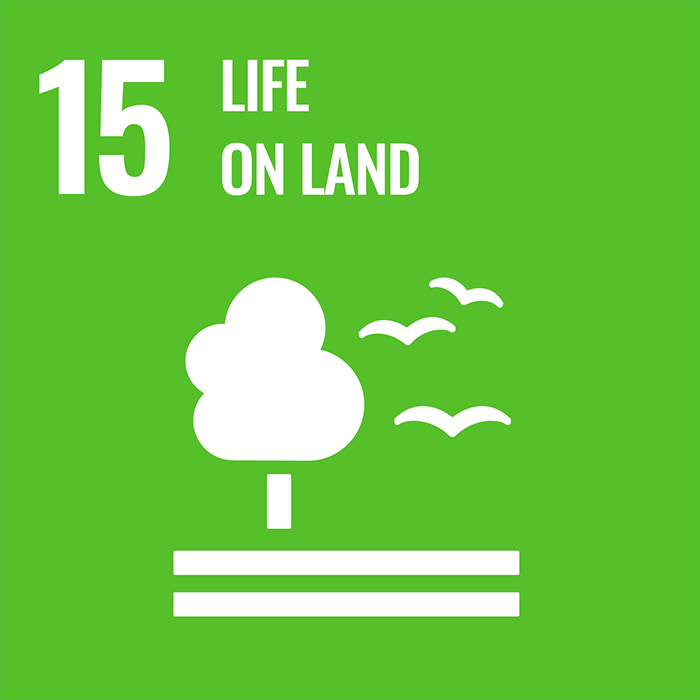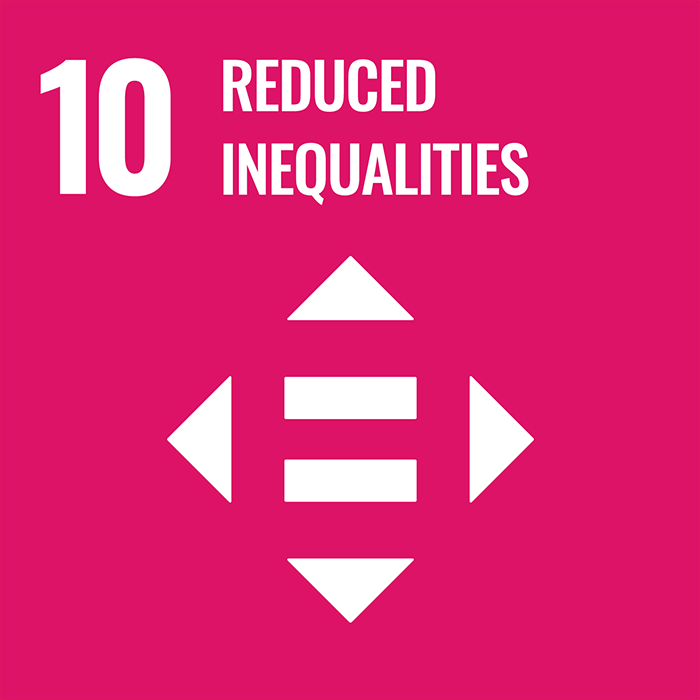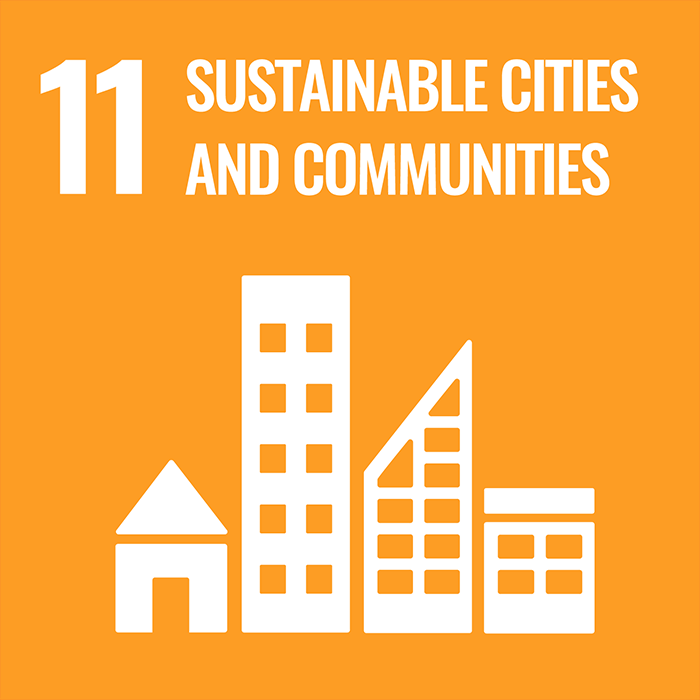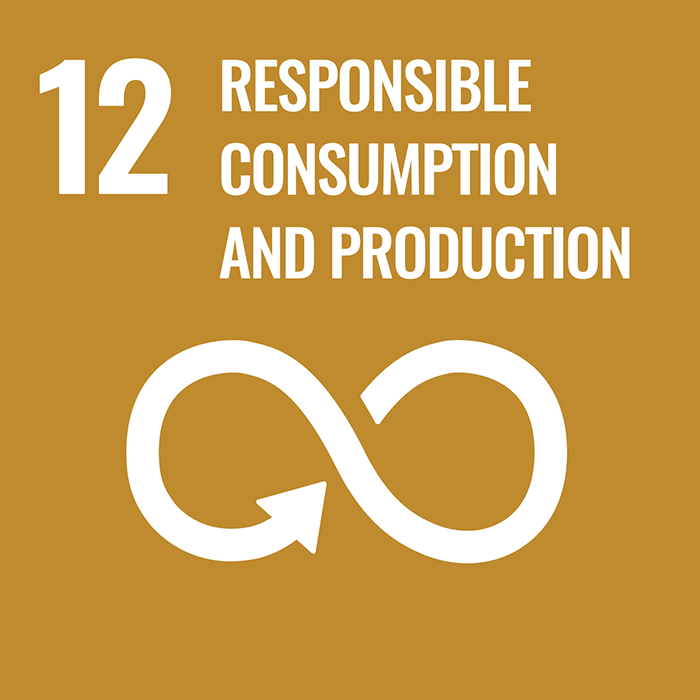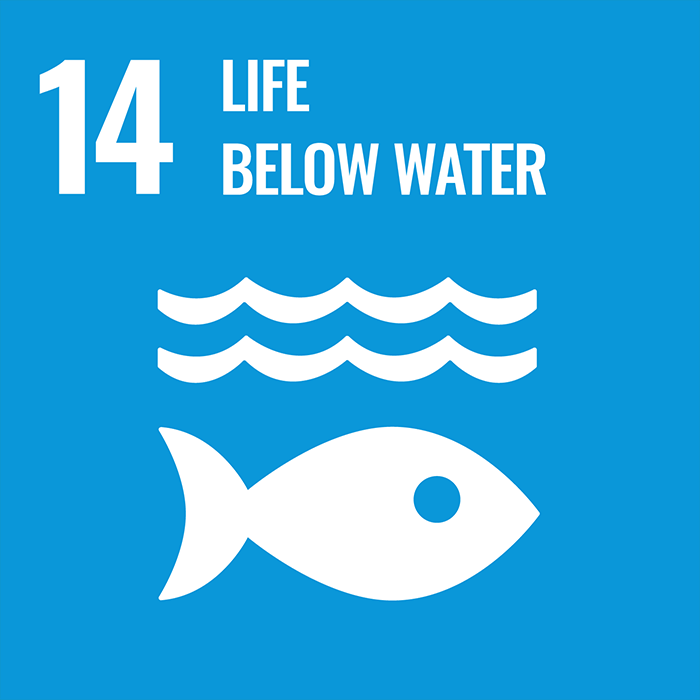UN SDG 15: Life on land
Protect, restore and promote sustainable use of terrestrial ecosystems, sustainably manage forests, combat desertification, and halt and reverse land degradation and halt biodiversity loss
Our research

Communities worldwide are realising that they need to restore degraded landscapes, but there is little practical evidence or guidelines on the best way to do this.
Restored landscapes tend to be areas of land which are then accessible to their communities, such as restored wetland nature reserves, woodlands and coal tips in the UK, or restored community forests in Tanzania or the Democratic Republic of Congo (DRC).
However, restored areas can never achieve their original unspoilt state and wildlife ecosystems. Landscape restoration needs to be accomplished without increasing risks to the community, but currently little is understood about the processes involved.
Now RESTOREID, a new 16-partner European-funded research programme including researchers from the University of Glasgow, is set to work with communities from Scotland and Finland to the DRC and Tanzania. It will not only investigate how restoration may impact disease spillover risk, but also enable local communities to take part in restoration and set their own restoration priorities. The work will lead to clearer policies and guidelines for restoration which can be followed in any temperate or tropical landscape.
Two researchers from the University’s School of Biodiversity, One Health & Veterinary Medicine will partner in the project: Dr Christina Faust, a NERC Independent Research Fellow, and Luisa Fernanda Páez Triana, a PhD student. The Glasgow research team will focus on identifying mechanisms driving changes of disease dynamics in restored landscapes.
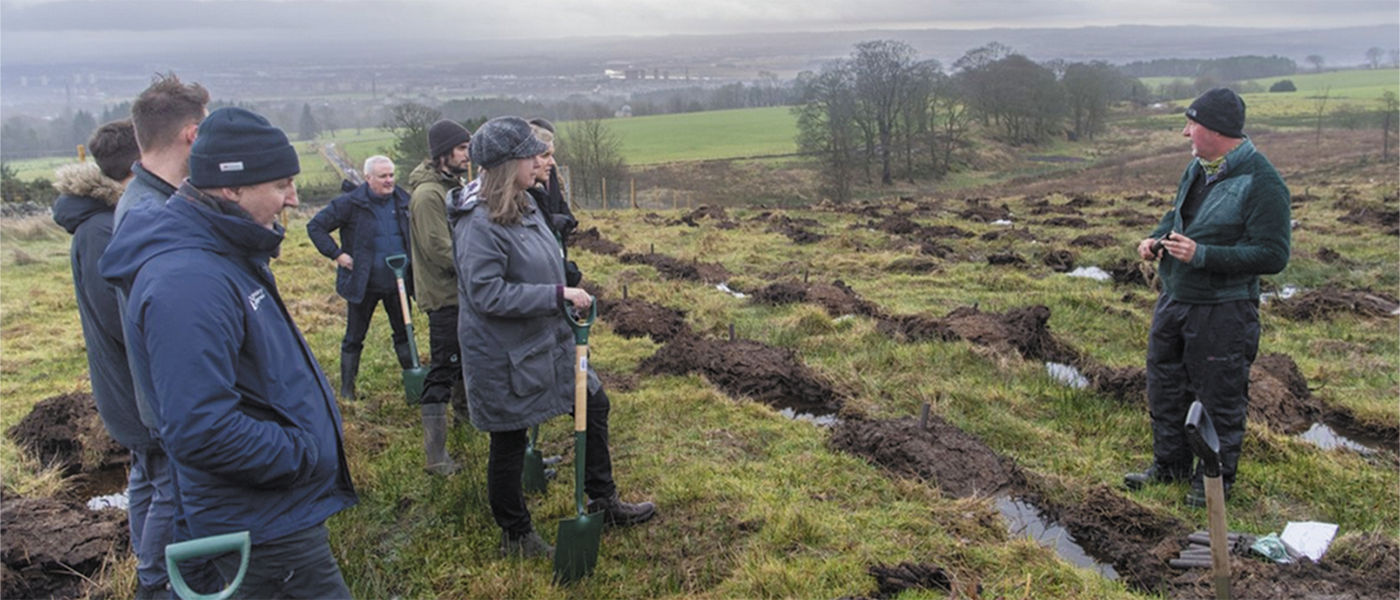
The University held a ceremony to mark the planting of 20,000 trees across 11 hectares at Cochno Farm & Research Centre.
Learning & teaching

Researchers at the Universities of Glasgow and Lancaster are on a mission to inspire the next generation of plant scientists with educational resources that transform existing plant science curriculum into an engaging and interactive subject for classroom learning.
The Sci-Seedlets project – led by a multidisciplinary team from Glasgow – aims to educate school age children on the importance of plant physiology and plant science research using a mix of traditional and digital STEM-led educational resources, including an interactive game resource which launched at Knightswood Primary School in Glasgow.
By gamifying plant science, the team hope to encourage children around the world to learn not just about molecular plant science, but the importance of the role of molecular plant research in developing new strategies to engineer crops to be healthy and resilient to climate challenges for global food and water security.
Find out more
University operations

The University held a ceremony to mark the planting of 20,000 trees across 11 hectares at Cochno Farm & Research Centre, as part of its ongoing efforts to be a leading institution in sustainability. Colleagues from across the University came together to celebrate the planting of the final trees at the site. The new forest will enhance biodiversity at the farm and surrounding area. Among the 20,000 trees planted are various natives species, including Scotch Pine, Silver Birch, Downy Birch, Rowan, English Oak, Sessile Oak, Hawthorn, Black Alder and Goat Willow.
Find out more
Civic engagement

The island of Majorca in Spain and the Scottish Highlands and Western Isles would not on the face of it seem to have much in common.
They are hundreds of miles away from each other. They have radically different climates and speak different languages. Yet the impacts of tourism in both Scotland and Spain in the last decade are felt in similar ways by local communities, according to research being undertaken by an academic at Glasgow.
Dr Guillem Colom-Montero, a lecturer in the School of Modern Languages & Cultures, has been looking at both countries to gauge the impacts of tourism, particularly in the last decade, where the industry has become the main focus of public and political debate.
Local community associations, particularly in Majorca, have been overly critical of the effects that tourism is having on housing, public services, jobs, landscape and the environment, as well as linguistic and cultural sustainability. They see the island being totally overwhelmed by the influx of visitors – Majorca is home to one million residents and receives more than 12 million tourists annually.


